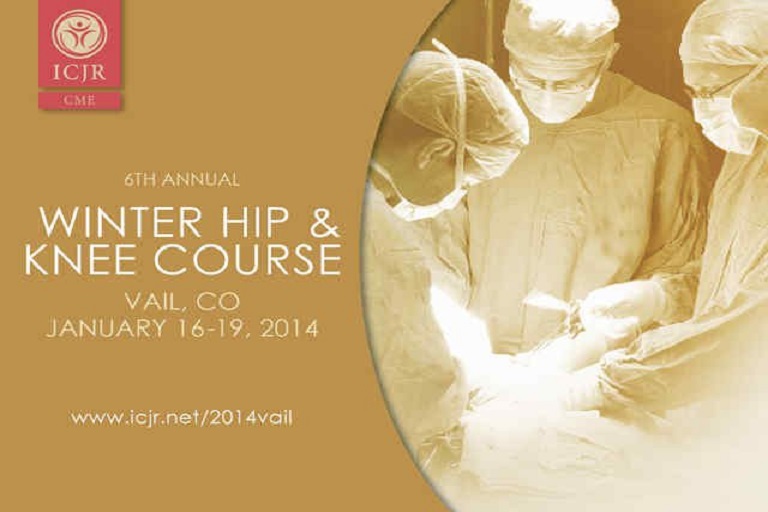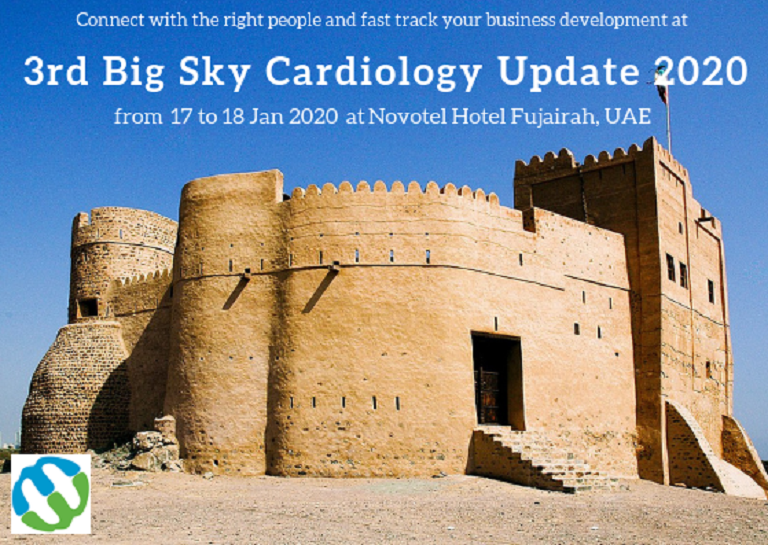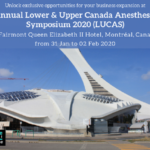Harriet King, a pre-med student at UT-Dallas, wanted to shadow James Trotter, M.D., to learn about her future profession.
Trotter, medical director of liver transplantation at Baylor University Medical Center at Dallas, suggested she instead work at Liver Consultants of Texas as a medical scribe and get paid for following him around during his workday.
Trotter said using a medical scribe has been liberating.
“The electronic medical record has fundamentally changed how doctors interact with patients,” he said. “Despite the [vendors’ claims of efficiency], EMRs have slowed the clinical interaction between patient and doctor. EMRs task physicians with becoming typists. And the amount of information that has to be extracted and disseminated from a patient visit has increased astronomically in the past 5-8 years.”
A medical scribe typically accompanies a physician into the examination room and charts patient encounters using the medical office’s EMR system. They allow providers to focus on patient care rather than EMR clerical duties.
The use of medical scribes is swiftly expanding. The federal government estimated that more than half of doctors’ offices and 80 percent of hospitals that accept Medicare or Medicaid would have electronic health records by the end of 2013. Only about 17 percent of physicians used electronic records in 2008.
Despite more widespread use, physician dissatisfaction is increasing. According to one survey, about 1 out of 4 physicians were satisfied with their EMR systems in 2012, down from about 2 out of 5 in 2011. Physician productivity plummets when a new system is installed, and it often is clunky in execution.
A RAND Corp. study for the American Medical Association in October found that EMRs were a leading cause of physician dissatisfaction. A recent article in the journal Health Affairs suggested the use of scribes as a solution to the fact that two-thirds of a primary-care physician’s day was spent on clerical work that could be delegated.
Medical transcription has been a staple of physician practice for half a century. A physician would dictate their notes into a tape recorder and have those notes on paper records days later. The EMR allows medical scribes to update patient records immediately.
Trotter calls King’s role as “medical transcription on steroids” because she updates the medical records and interacts with the patients directly. While many scribes are supplied by outside agencies, Trotter preferred to hire his own for the sake of continuity. King has worked for Trotter for 18 months.
Medical scribes were used most frequently in emergency departments as a way to hasten patient care and throughput. A 2008 study found that only 37 percent of an ED physician’s time was spent providing patient care, and that dropped to 28 percent when an EMR was implemented.
The use of scribes is now spreading to physician offices and outpatient clinics. Patients get the complete attention of the physician, who would prefer to focus on providing care rather than EMR clerical tasks.
Trotter said he has never had a patient complain about King’s presence.
“I tell them, ‘She’s here to record things so I can talk to you,’ ” he said.
The scribes also gain from the experience. Many are doing the job part-time as they attend college and plan full-time careers in medicine or nursing. King will start medical school at the University of Texas Health Science Center at San Antonio this summer.
Many hospitals and physician groups say using scribes improves physician productivity enough to offset their costs. A 2011 American College of Emergency Physicians study calculated a positive return on investment.
The Vancouver (Wash.) Clinic ran two successful pilot studies from October 2011 to January 2013 that garnered an ROI of 15-20 percent with the use of scribes. Their presence also cut physician workdays on average by more than one hour because of fewer record-keeping chores. The clinic also found greater patient satisfaction.
According to a Journal of Urology study, patient satisfaction rates rose slightly with the presence of a scribe, but dramatically increased physician satisfaction from 19 percent to 69 percent.
Trotter pays for King out of his own pocket.
“I get it back in psychological well-being, as well as financially,” he said. “Now all my colleagues want one, too.”
Baylor Health Care System generally sees scribes as an emerging solution for better clinical workflow. Thomas Ledbetter, M.D., a Baylor internal medicine physician in Waxahachie, is spearheading efforts to improve the physician-patient encounters. He said use of scribes has accelerated at Baylor’s HealthTexas Physician Network, with nearly 10 percent of physicians using them and many more interested in doing so. He calls the use of scribes “one of the top interventions to give time back to a provider” and represents “a lifeline for physician work-life balance.”
Mark Switaj is director of client administration for the northern division of EmCare, a Dallas-based leading provider of physician services for emergency departments. He said about 50 percent of its ED clients use scribes, up from about 30 percent six months ago. He anticipates that number will rise to 75 percent in the 12 months.
Switaj said a company ROI analysis found that a scribe boosts productivity about 20 percent. In physician wages, that is $36 compared with the $20 hourly cost of a scribe.
“If done right, we can immediately recognize value,” he said. “It empowers doctors to see more patients.”
Fort Worth-based PhysAssist Scribes was the first U.S. company to supply medical scribes to healthcare organizations in the mid-1990s. President Alex Geesbreght said his company was leasing 4,000 scribe hours a month in 2008. Last month, the company supplied 130,000 scribe hours to more than 130 U.S. sites.
Geesbreght said scribes still are used primarily in EDs. The ED is an ideal location for use of scribes, he said, because there is so much patient documentation and little time for physicians to complete it.
However, there is now five times more inquiries for scribes by outpatient medical clinics and physician offices, compared with EDs. PhysAssist charges $30 an hour for a clinical scribe and $21-$24 an hour for an ED scribe.
Elliott Trotter, M.D., emergency physician on the medical staff at Texas Health Harris Methodist Hospital Fort Worth, started PhysAssist in 1995. He began the program with five pre-med students because payers and regulators started to require more documentation.
Trotter said EMRs have taken the need for scribes “to the next level.” He has found that electronic scribing takes 30 percent longer than on paper, and in some cases physicians use two EMR scribes at the same time to keep up.
He estimates Texas Health Resources now employs more than 200 scribes, of which 80-90 percent are in EDs. He noted that about 15 current THR ED physicians were scribes for the system.
“Once someone has a scribe, they hardly ever give them up,” he said. “Scribes might have been a luxury before, but now they are seen as a necessity.” Source


















































